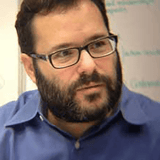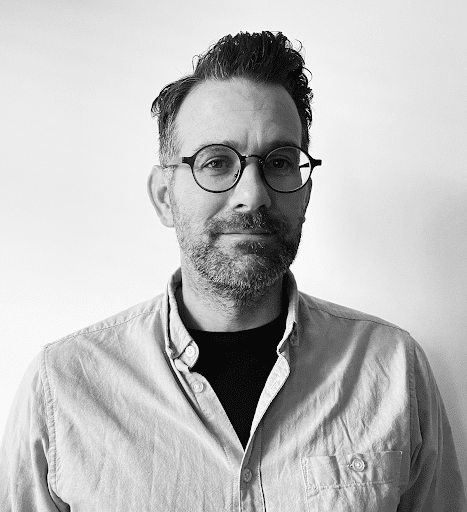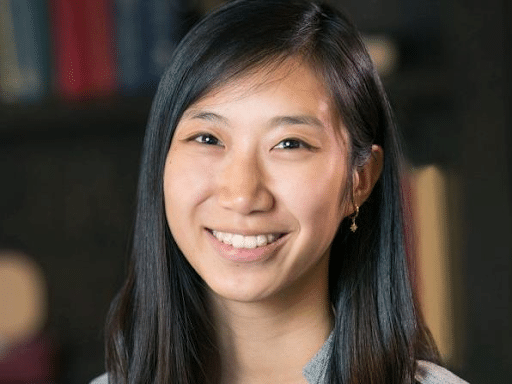Log in or create a free Rosenverse account to watch this video.
Log in Create free account100s of community videos are available to free members. Conference talks are generally available to Gold members.
Summary
The traditional ways of hiring people into research and insight careers pose significant challenges in attracting the best industry talent. In our community survey, we heard concerns about the lack of consistent standards in user research education, unclear and unarticulated requirements for entry level roles, and lack of structured, industry-wide career progression ladders. These issues can make it hard to recruit diverse talent and ensure inclusivity of career experiences in our field. If we are to embrace the full potential of the talents available to us, we must get better at assessing, understanding, and elevating talent. In this session, Joseph Williams, CEO of bias-mitigation technology company, Included.AI, and three recent entrants into the research and insights field share their lived experiences of starting out in their research careers. They discuss the current opportunities, challenges and pitfalls of seeking a job in research as well as the steps we can collectively take to improve them.
Key Insights
-
•
Unpaid design interview exercises act as unfair barriers and should be eliminated in favor of paid trial periods.
-
•
Many job descriptions require degrees or experience that candidates from non-traditional backgrounds often cannot meet, limiting diversity.
-
•
Soft skills are critical for success in UX research but are frequently undervalued or unmentioned in hiring criteria.
-
•
Mentorship and sponsorship are vital for candidate success but are rarely formalized or accessible, especially for underrepresented groups.
-
•
The lack of standardized education and role definitions creates confusion for career entrants and hiring managers alike.
-
•
Networking and cohort-based learning provide moral support and practical advantages for career transitions.
-
•
Internal transfers with supportive sponsors can offer more flexible and humane pathways into UX research roles.
-
•
Imposter syndrome and feelings of not belonging disproportionately affect career changers and marginalized candidates.
-
•
Industry hiring practices often chase 'unicorn' candidates, causing missed opportunities for diverse talent with potential.
-
•
Inclusive hiring should shift focus toward what candidates can do rather than strictly what they have done or their credentials.
Notable Quotes
"It felt like the Wild West trying to find the right education that didn’t require going back to school or giving work away for free – that needle in a haystack experience."
"The entry-level job specs were impossible to meet, often asking for one to two years experience which I couldn’t get without working unpaid."
"My biggest obstacle was telling myself I wasn’t qualified without formal education, so I stopped applying until a friend encouraged me to try."
"Many companies don’t even know what a UX researcher does, yet they’re asking candidates to do free work exercises in isolation."
"Mentorship almost doesn’t exist as part of onboarding, and the only sponsorship I got was from people vouching for me internally."
"If hiring managers don’t know what they’re hiring for, how can they expect candidates to know or fit the role?"
"We need to move away from chasing unicorns and instead look for potential, especially soft skills that make teams function better."
"A two-week paid trial period would help assess collaboration and culture fit far better than take-home exercises."
"Talent is evenly distributed but opportunity is not. We have the ability to change how we measure and foster that talent."
"Networking and connection are powerful morale boosters and key to helping new entrants feel a sense of belonging."
Or choose a question:
















More Videos
"Users’ perception predicts attrition and paid referrals — design absolutely matters when people decide to buy or go."
Standardizing Product Merits for Leaders, Designers, and Everyone
June 15, 2018

"Most strategy today is guesswork based on what others are doing, not based on situational awareness."
Simon WardleyMaps and Topographical Intelligence (Videoconference)
January 31, 2019

"Many smartwatch designs assume male hands as default, excluding smaller wrists and diverse body types."
Sandra CamachoCreating More Bias-Proof Designs
January 22, 2025

"It takes at least one team member to choose to set healthy standards for collaboration."
Darian DavisLessons from a Toxic Work Relationship
January 8, 2024

"Timely engagement helps stakeholders make faster, more informed decisions that lead to better business and product outcomes."
Fisayo Osilaja[Demo] The AI edge: From researcher to strategist
June 4, 2024

"Nobody wants to buy or use a sloppy product, especially when enterprise users engage daily for hours."
Uday GajendarThe Wicked Craft of Enterprise UX
May 13, 2015

"Investing in people and fostering collaboration always pays off in stronger teams and better user experiences."
Davis Neable Guy SegalHow to Drive a Design Project When you Don’t Have a Design Team
June 10, 2021

"Launching a design system is not a sprint, there’s no end, it’s always a continuous process."
Eniola OluwoleLessons From the DesignOps Journey of the World's Largest Travel Site
October 24, 2019

"Most of us in design are very process-oriented, but traditional devops tools are task and issue-centric, making collaboration hard."
Aurobinda Pradhan Shashank DeshpandeIntroduction to Collaborative DesignOps using Cubyts
September 9, 2022



















